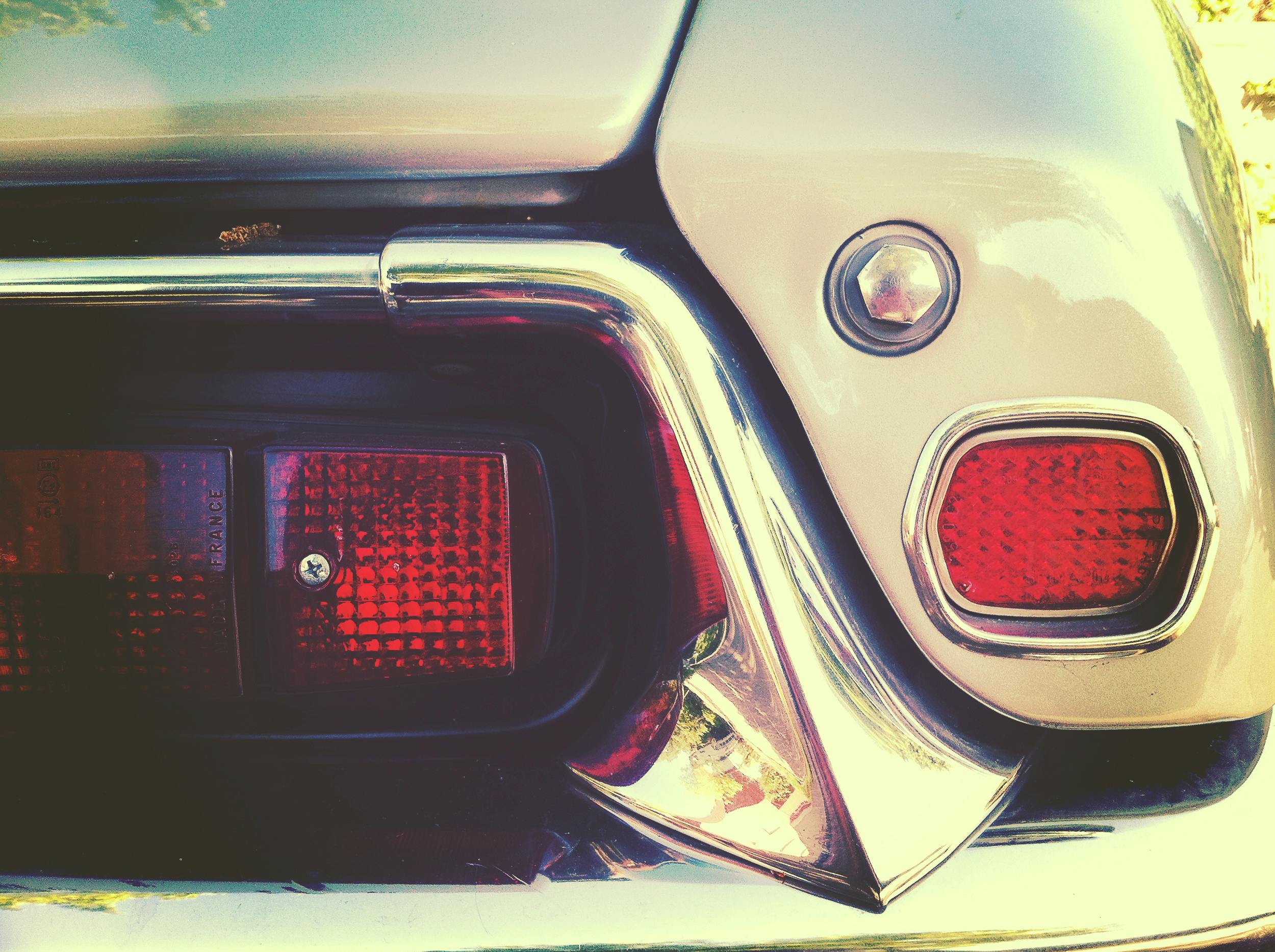Understanding Vehicle Damage Incidents in Your Driveway: Insurance and Liability Considerations
If you’ve ever experienced a situation where two vehicles parked on your property unintentionally collided, you’re not alone. Such incidents can be confusing, especially when trying to determine liability and the appropriate insurance coverage. Here’s a detailed overview to help clarify your options and considerations.
Case Study: A Common Driveway Collision
Imagine this scenario: A single homeowner, living with a partner and her son, witnesses a vehicle mishap in their residential driveway. The homeowner owns a 2017 Ford Expedition, which is parked and stationary. Meanwhile, the partner’s 20-year-old son, driving his vintage 1974 Ford F100 project truck—fully licensed and insured—parks uphill from the Expedition.
As the son exits his truck, the vehicle unexpectedly shifts out of park, begins rolling backward, and accidentally hits the front corner of the Expedition. The incident is captured on security cameras, showing the son out of the truck at the moment of impact. The damage to the Expedition includes a flat tire, dented bumper, damaged headlight, and possible harm to aftermarket wheels, suspension components, and the A-arm. The son’s truck sustains only minor scratches.
Financial and Insurance Implications
The homeowner’s vehicle is valued at approximately $12,000 to $14,000 and is fully paid off, with comprehensive collision coverage featuring a $1,000 deductible. Given the damages, repair costs are likely to exceed the deductible, making insurance claims a viable option.
In this context, questions often arise:
- Who bears liability if the driver had just exited his vehicle?
- Is this a homeowner’s insurance claim or strictly auto insurance?
- Could this be considered an act of God or a random accident?
- What are the long-term financial implications for each coverage route?
Liability and Responsibility
In most cases, when a vehicle rolls backward without driver input (such as a mechanical failure or improper parking brake application), liability can be complex. However, since the driver was out of the truck at the time—albeit momentarily—some insurers might argue that the vehicle was under his control or improperly secured, thus possibly attributing fault to him.
Typically, the vehicle’s insurance policy (auto insurance) would cover damages resulting from such incidents, especially since the vehicle was actively operated and temporarily parked. Homeowners insurance generally does not cover auto-related damages unless the vehicle was being used for household purposes—making an auto policy the most



